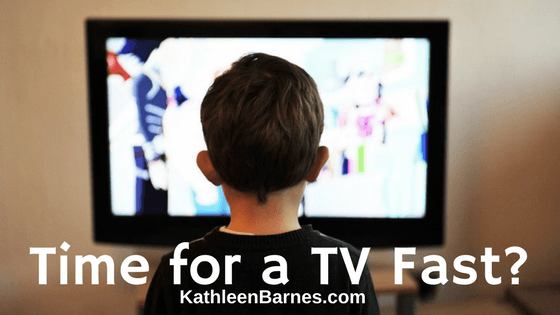 It’s winter, it’s rainy, snowy, cold and pretty dreary. Who really feels like going outside?
It’s winter, it’s rainy, snowy, cold and pretty dreary. Who really feels like going outside?
What better time to immerse yourself in a new television series, a good movie, or endless and mindless repeats of the news?
There’s lots of good research that confirms that the more hours you spend in front of a television, regardless of your age, the greater risk you have of serous health problems and even premature death.
After all, where did the term “couch potato” come from?
The A.C. Nielson Co, says that the average American watches more than four hours of TV a day. It also says that we spend an average of 3.5 minutes per WEEK in meaningful conversation with our children, while they spend 1,680 minutes in front of the TV.
It’s bad, real bad
Here are the health risks for adults and children who spend long hours in front of that we used to call “the boob tube:”
- Weight gain: Not only aren’t we moving when were glued to the screen, we are also soaking up all those ads for burgers, fries, ice cream and other junk food, according to a recent Harvard study.
- Decreased language development in toddlers: Television watching before the age of two has been confirmed to decreased language development, according to the American Academy of Pediatrics Council on Communications and Media.
- Increased risk of diabetes: A University of Pittsburgh article showed that the risk of diabetes increased. 3.4% for every hours of television watched in a day.
- Increased aggression: We all seem to get desensitized to violence and aggression the more we see it on television. Adults should (maybe not!) have the powers of discrimination to determine what is real and what is not, but children do not. Violent TV shows are totally inappropriate for all children. Some research suggests that children exposed to lots of violent TV grow up to be violent adults.
- Disturbs sleep: The more exposure you have to that blue screen (that includes TV, phones, tablets and computer screens), the more difficult it is for your brain to turn off and go to sleep. The lack of restorative sleep in itself generates a host of serious health problems, including weight gain and diabetes.
- Increases the risk of death from all causes: A study published by the American Heart Association found that young adults who watched more than three hours of television a day had twice the risk of death from any cause as those who watched an hour or less a day in the 8-year follow up period. And an Australian study found that for every hour of television watched after age 25, couch potatoes lost 22 minutes of life expectancy.
- Social isolation: Binge watching is not a harmless addiction, say researchers. Becoming immersed in TV watching isolates you from other people and family members. Social isolation has long been identified as a primary cause of health problems. The same can be said of television watching being a distraction from important relationships.
- Stress and anxiety: This applies primarily to television news, which, in the past year or so, has been a continuous cycle of “breaking news” and increasing stress and anxiety about what will happen next. Psychotherapists have recently identified a new form of stress, which they compare to PTSD (post traumatic stress syndrome) in response to the never-ending news cycle.
What can you do?
There’s probably noting wrong with an hour or so of TV a day for adults, less for children. Any more hours than that should cause you to reconsider your lifestyle.
How about reading a good book?
How about a group reading with family and friends?
How about a few board games?
A short walk after dinner, even in the cold?
Even an active video game that prompts you to dance or play a game?
Extreme addiction: Put an exercise bike in front of your TV and vow to watch only while riding. I remember hearing about a guy who attached a generator to his exercise bike, so the TV would not run unless he was pedaling.
I watch TV, too much of it. I’m learning to vote with my remote and take a break from it. Even if my DH wants to watch more, I just go in another room or pull out a book while we share the couch. I may also be a couch potato, but I’m not glued to the screen as much. It’s already improving my blood pressure and mental health.







